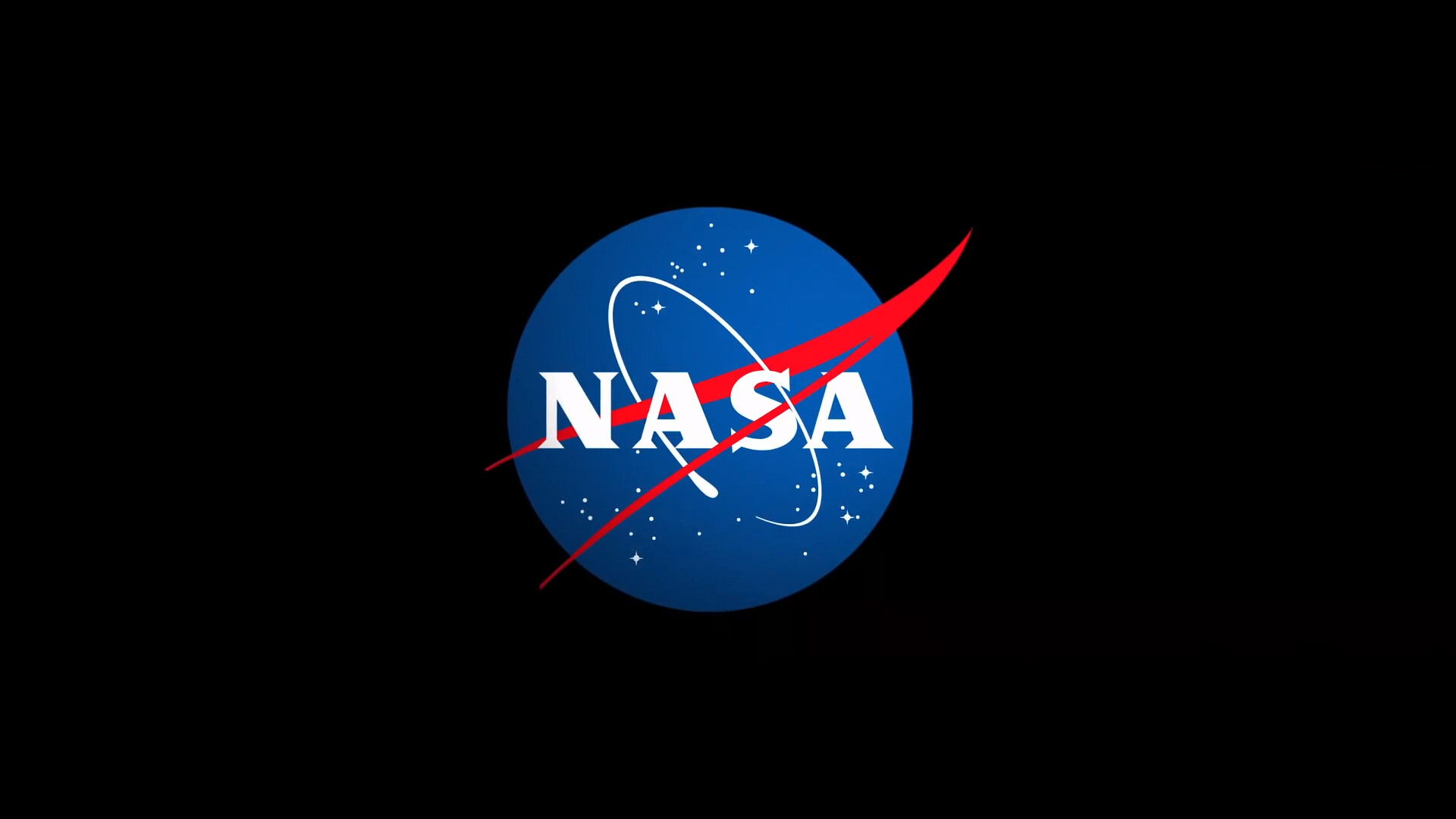Today, NASA shared findings from an investigation into the historical role of former NASA Administrator James Webb, after whom its flagship infrared observatory is named. The report found no evidence that Webb was either a leader or proponent of firing government employees for their sexual orientation.
In response to concerns about the name of the James Webb Space Telescope and whether James Webb had promoted anti-LGBTQI+ policies during his leadership, NASA launched an extensive investigation in 2021 into James Webb’s role during his time in leadership at the State Department from 1949 to 1952 and at NASA from 1961 to 1968. The agency’s investigation sought any available evidence placing James Webb within the context of the “Lavender Scare,” a time when the outing and firing of LGBTQI+ individuals in the executive branch was a harmful and discriminatory federal policy.
“For decades, discrimination against LGBTQI+ federal employees was not merely tolerated, it was shamefully promoted by federal policies. The Lavender Scare that took place following World War II is a painful part of America’s story and the struggle for LGBTQI+ rights,” said NASA Administrator Bill Nelson. “After an exhaustive search of U.S. government and Truman library archives, NASA’s historical investigation found, ‘To date, no available evidence directly links Webb to any actions or follow-up related to the firing of individuals for their sexual orientation,’ as stated on page four of the report.”
NASA’s chief historian led a review of over 50,000 pages of documents from archival collections at NASA Headquarters; NASA’s Marshall Space Flight Center; the National Archives and Records Administration; the National Archives at College Park, Maryland; and the Truman Presidential Library, in addition to secondary literature and other historians’ work on this time period. NASA has shared the full report on its findings related to Webb’s history. The report lists every document and collection the historians located and includes facsimiles of the most relevant.
The investigation closely examined two instances in which James Webb appears in the historical context around the Lavender Scare. The report found Webb’s primary involvement was to attempt to limit Congressional access to the personnel records of the Department of State. None of the evidence found links Webb to actions or follow-up in pursuit of firings after these discussions.
The investigation also sought to find out whether James Webb knew of the firing of Clifford J. Norton in 1963. Norton was a NASA GS-14 budget analyst, who was fired – based on civil service policy at the time – after being arrested by Washington, D.C., police on Oct. 22, 1963, for having made a “homosexual advance.” Norton sued the Civil Service Commission, and ultimately the 1969 federal case Norton v. Macy found for the appellant – one of several cases that helped pave the way for the civil service policy to be overturned in 1975. There is no evidence Webb knew of the firing.
Based on the available evidence, the agency does not plan to change the name of the James Webb Space Telescope. However, the report illuminates that this period in federal policy – and in American history more broadly – was a dark chapter that does not reflect the agency’s values today. Understanding this history will help to guide NASA in its work to support LGBTQI+ Americans, and LGBTQI+ NASA employees. By sharing these findings, we also hope to promote public understanding of the history of discrimination against LGBTQI+ employees throughout the federal government and strengthen our efforts to confront the barriers that LGBTQI+ Americans continue to face.
-end-


























